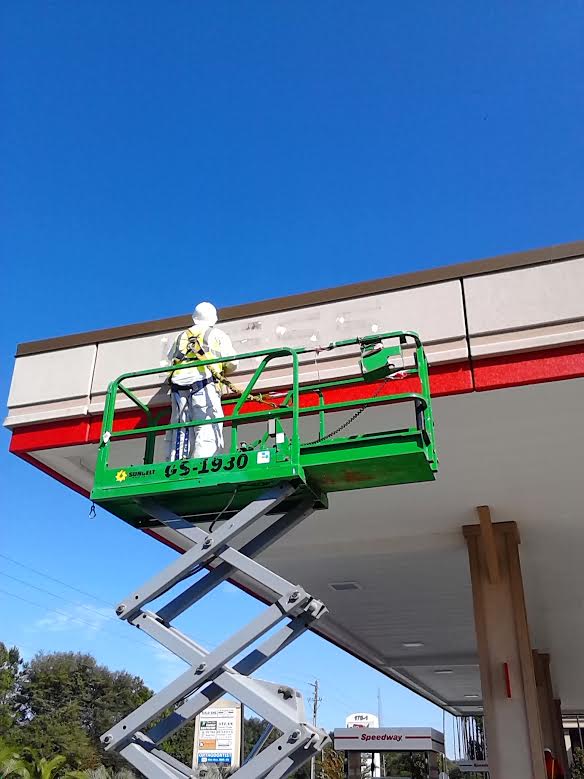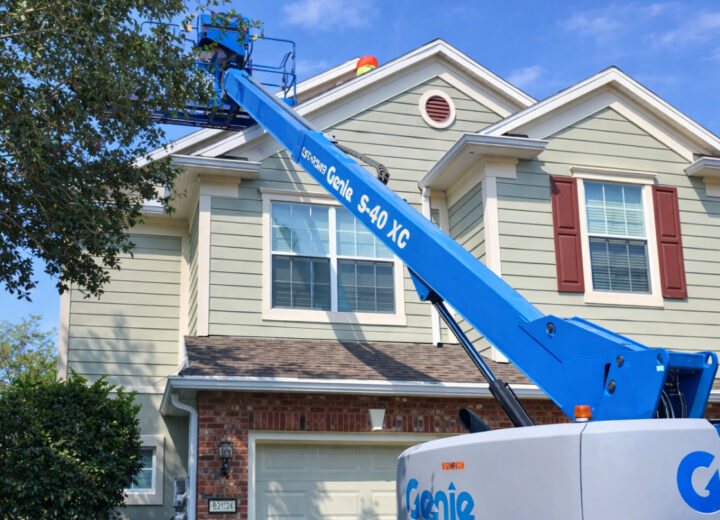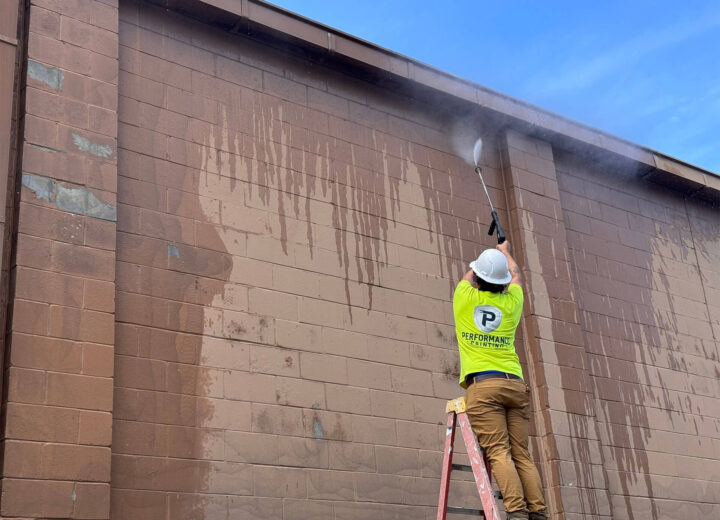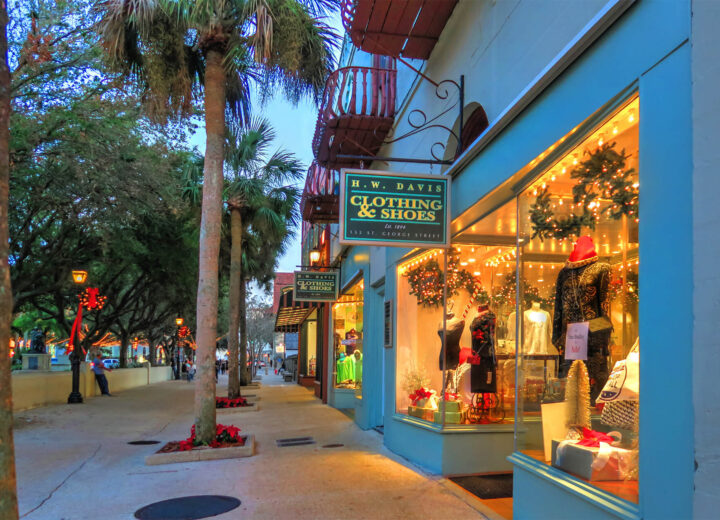Ensuring that a commercial painting contractor is able to produce top-notch work and bring your project to a successful close before hiring him is critical to avoid wasting time and money on costly repairs. How can you find an honest commercial painter who has the necessary knowledge and skills to complete the tasks required? That’s quite difficult, considering that many scammers look and sound just like reputable contractors. A nice smile, reasonable prices, and lots of promises can mask bad intentions, especially when you have no idea how to distinguish between good and bad commercial painting contractors. To help you find a reliable painter, here are seven warning signs you should watch out for:

- No license and insurance – Always look for painters with established businesses. Even if a painter has a home office, he should provide a permanent address and phone number. Also, ask him if he’s licensed and check his certification. Another essential aspect is insurance coverage. Hiring an uninsured contractor may be risky, as it means that he’s unable to cover the damages that may occur while working on your project. If the contractor causes damages to your neighbors’ properties, for example, the problem is very likely to become yours.
- No written contract – A bad commercial painting contractor will try to convince you that oral promises are just as good as a written contract. Evidently, there’s a hidden reason for this: if something goes wrong, you can’t hold him accountable, as there are no terms specified in a written contract. The key to a successful painting project is to have a contract that includes everything, from the materials that will be used to the cleanup of the site.
- Vague estimates and down payments – A reputable contractor will come on site to perform a comprehensive assessment and offer you an accurate estimate, so there are no unpleasant surprises. A painter providing a vague estimate will most probably add surcharges later on for a series of “extras”, also included in the original price. Additionally, while an advanced payment may be necessary in certain projects, it shouldn’t exceed 20 percent of the total project cost.
- Inappropriate equipment – A large commercial painting project requires more than just knowledge, skills, and a few tools. A dedicated contractor will have all the equipment he needs, including scaffolds, ladders, climbing equipment, different types of brushes, roller covers, frames, accessories, patching and repair kits, caulks, sealants, and caulking tools, etc. Additionally, he must have enough staff to complete projects on time and respond efficiently to unforeseen events.
- No portfolio, no referrals – If a commercial painting contractor has no portfolio and can’t give you at least three referrals to vouch for his work, think twice before hiring him. Ask for photos of previous work and, if references are given, ask for permission to verify them.
- High-pressure tactics – Dishonest contractors will tell you that you need to make an immediate decision or the deal is off the table. These contractors will try to use the fear of losing a good deal as a motivator to persuade you to hire them.
- Very low quotes – Never hire a painter based on the lowest quote. Either he’ll use low-quality materials, or you’re going to get ripped off.
Finally, never hire a commercial painting contractor who only accepts cash. In this case, the contractor will most probably keep the job off the books. If you have a problem and there’s no record of the work performed, you will have difficulty holding him responsible.
If you are looking to find the best painting contractor for your project, this post may be helpful as well.






